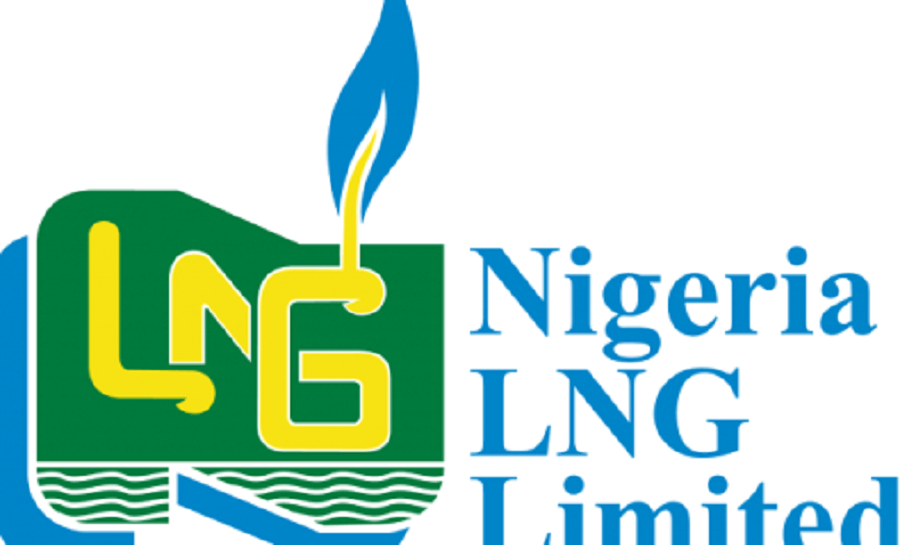FG Plans to Sell 5% of its NLNG Shares
The Federal Government is planning to sell at least five per cent of its shares in the Nigeria Liquefied Natural Gas company.
Impeccable sources in the Presidency told our correspondent that the move had become necessary as part of efforts to revive the ailing economy.
A top official, however, explained that the Federal Government had no plan to sell its shares in the NLNG outright.
The Federal Government currently owns 49 per cent shares in the company, while private firms own the remaining 51 per cent.
A Presidency source said, “The Federal Government is open to the possibility of selling down its 49 per cent ownership by five per cent or thereabouts.”
But the source said the decision had yet to be finalised.
The source added that as in other potential assets sales, there would be a repurchase option that would guarantee the Federal Government an opportunity to buy back such assets if circumstances changed anytime in the future.
Officials told our correspondent that the intention of the Federal Government was to raise between $10bn and $15bn from assets sale.
This is said to have become imperative as the monthly foreign currency earnings of the country have dropped drastically to as low as about $300m in some months this year.
Besides, the government has been losing about one million barrels of crude oil per day to vandalism of oil and gas pipelines and installations.
The Presidency source said the Federal Government had not made up its mind on all the assets it intended to sell but promised that the process would be transparent.
He added that some of the assets would be sold through the Nigerian Stock Exchange.
The source added, “Some of the intended sales could be in form of time-bound leases, advance renewal payments on leasing licences and concessions, which will attract buoyant signature fees.
“If we even want to sell certain assets, while our target is to get foreign currencies, specifically dollars, the option will also be opened to Nigerians at some point to buy limited shares through the Nigerian Stock Exchange.”
He revealed that a concession deal was almost completed already.
He added, “We are entering into some concessions like that of the East-West lines of the Nigerian Railways. General Electric will be the concessionaire, and for which the global giant will invest $2bn in the Nigerian economy, including for the refurbishment of the single-gauge lane of the lines that have been largely left idle for years.
“GE, under the deal, is expected to hire back some of the laid-off staff of the Nigerian Railway Corporation, and also open a Transport University in Nigeria, while building and assembling train coaches here in Nigeria.
“Under the deal, the government will also receive signature fees in foreign currencies as it would in other assets that will be subjected to concession.
“The important thing to keep in mind is that the sale of some of the assets is an option to raise the much needed dollars at a critical time for the Nigerian economy.”


 Forex3 weeks ago
Forex3 weeks ago


 Naira2 weeks ago
Naira2 weeks ago
 Billionaire Watch2 weeks ago
Billionaire Watch2 weeks ago




 Naira2 weeks ago
Naira2 weeks ago




 Naira2 weeks ago
Naira2 weeks ago




 Naira1 week ago
Naira1 week ago




 Naira4 weeks ago
Naira4 weeks ago




 Naira3 weeks ago
Naira3 weeks ago





















